 12th September 2023 Opinion / Sustainability
12th September 2023 Opinion / SustainabilityWhere there are issues, it is not often tourism itself but the management of it that needs to be addressed.
 8th September 2023 Election 2023 / Opinion / TIA
8th September 2023 Election 2023 / Opinion / TIATourism needs investment to sustain its economic contribution and social, cultural, and environmental goals – not govt cuts – writes TIA’s Rebecca Ingram.
 8th September 2023 BYATA / Election 2023 / Opinion
8th September 2023 BYATA / Election 2023 / OpinionThe country’s major political parties are making ambiguous tourism promises but Labour’s fixation on ‘high value’ could be detrimental to the youth and hostel sector, writes BYATA chair Haydn Marriner.
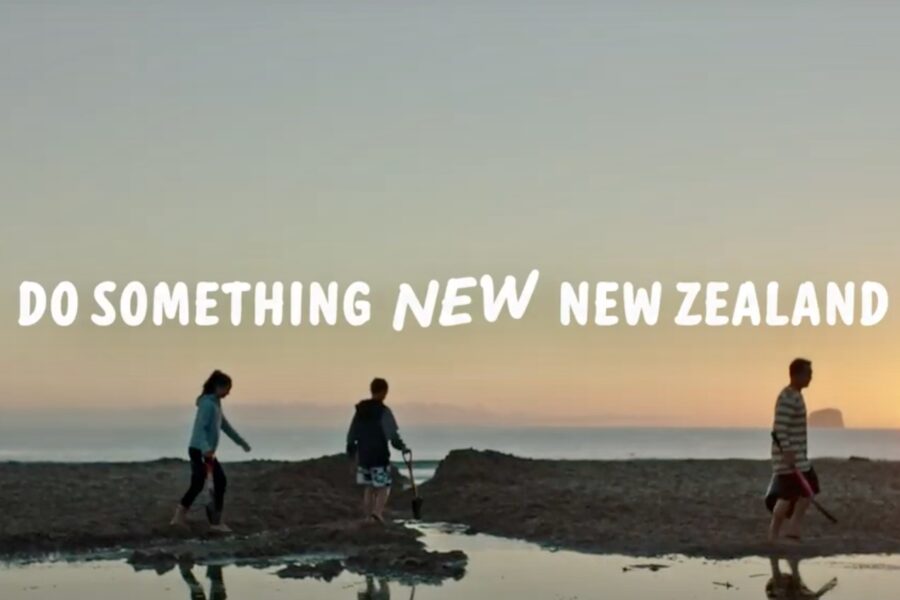 7th September 2023 Funding / Opinion
7th September 2023 Funding / OpinionNZ needs to invest properly in tourism and not de-fund agencies like Tourism NZ.
 6th September 2023 Events / Opinion
6th September 2023 Events / OpinionFestival organisers need to be able to manage their response to extreme weather events as summers are increasingly plagued by flooding and heatwaves.
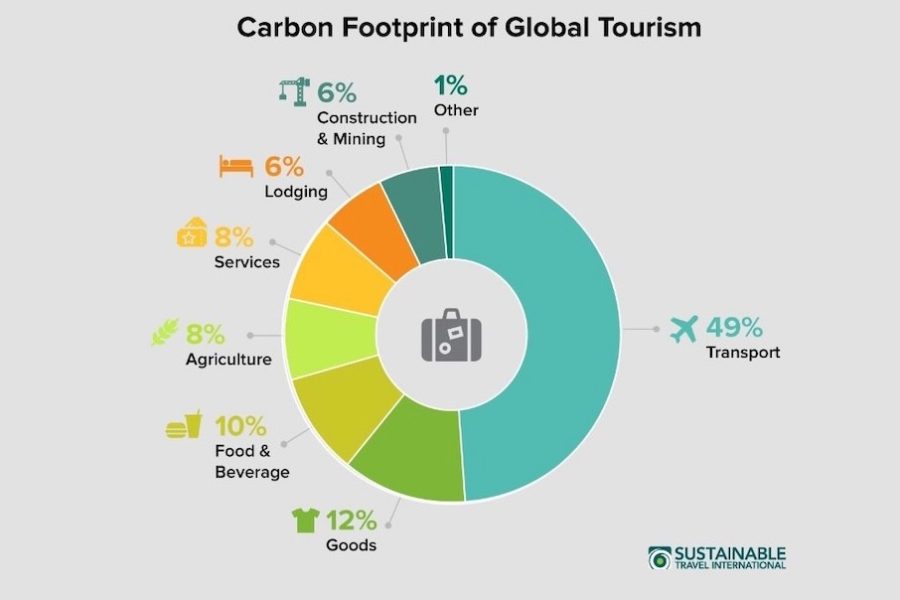 17th August 2023 Climate / Opinion
17th August 2023 Climate / OpinionTourism is crucial to many economies but climate change is putting parts of the industry at risk.
 14th August 2023 Active Adventures / Opinion
14th August 2023 Active Adventures / OpinionThe NZ and US operator’s CEO on recovery, business priorities, M&A and the Queenstown-based company’s global opportunity.
 14th August 2023 Hawaii / Opinion
14th August 2023 Hawaii / OpinionDespite the terrible toll and severe damage, people’s livelihoods can be restored.
 10th August 2023 Opinion / TECNZ
10th August 2023 Opinion / TECNZThe pandemic may be in the rearview mirror but for many in tourism challenges remain, says Tourism Export Council of New Zealand chair Scott Mehrtens.
 7th August 2023 Opinion / PurePods
7th August 2023 Opinion / PurePodsThe CEO on the company’s biggest season ever, expansion, Covid’s lingering impact and agritourism opportunities.
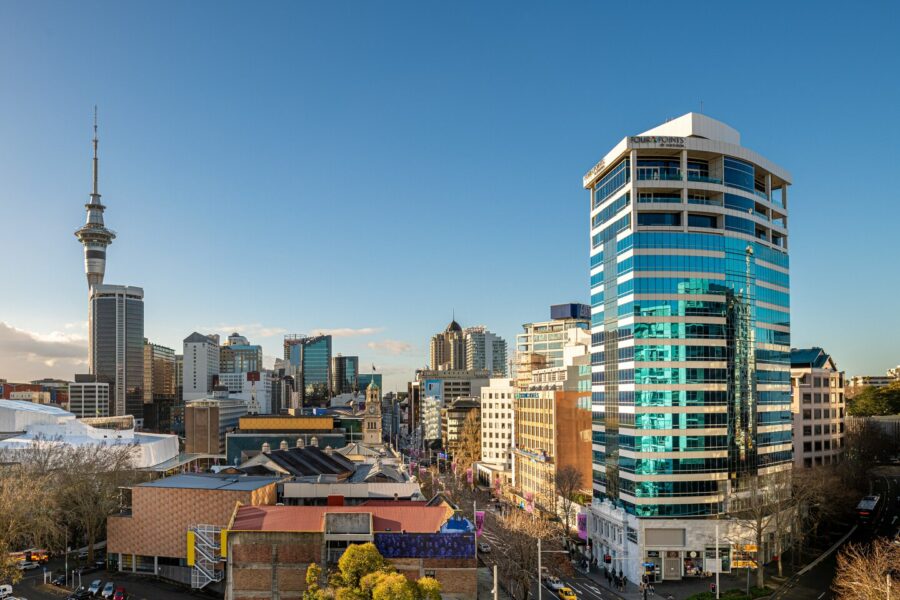 3rd August 2023 Booking.com / Opinion
3rd August 2023 Booking.com / OpinionEmpowering hospitality entrepreneurs to pursue sustainable practices can help reshape tourism.
 31st July 2023 Larnach Castle / Opinion
31st July 2023 Larnach Castle / OpinionThe attraction’s MD on the neverending work at the “big maintenance project”, new product, and frustration over DMPs and governance.
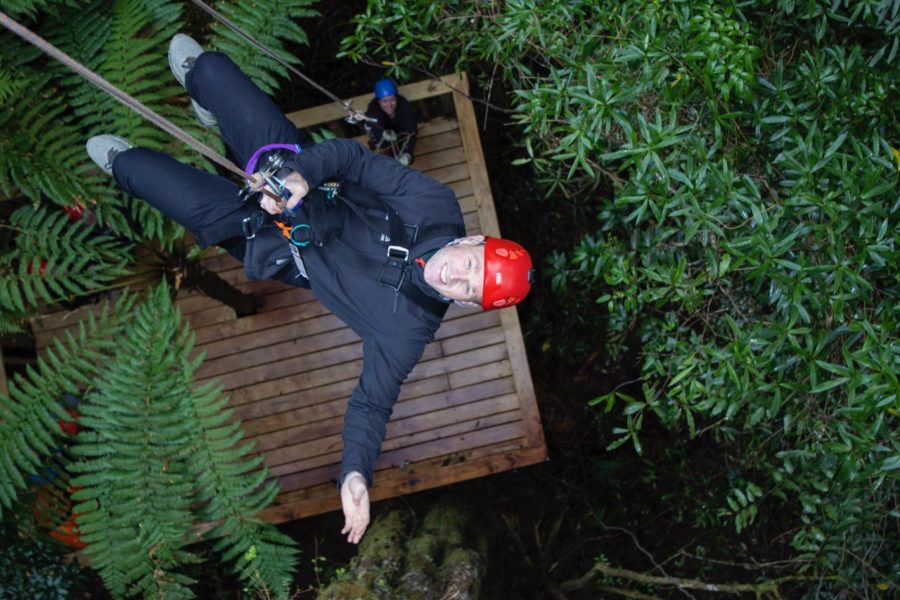 18th July 2023 Opinion / RCT
18th July 2023 Opinion / RCTThe GM on the operator’s best year ever for revenue, managing pricing and costs, and what he wants to get off his chest.
 11th July 2023 Opinion / Sustainability
11th July 2023 Opinion / SustainabilityJapan Airlines is launching a new clothing rental service called Any Wear, Anywhere, which it claims can help reduce aircraft emissions, writes EcoWatch’s Cristen Hemingway Jaynes for the World Economic Forum.
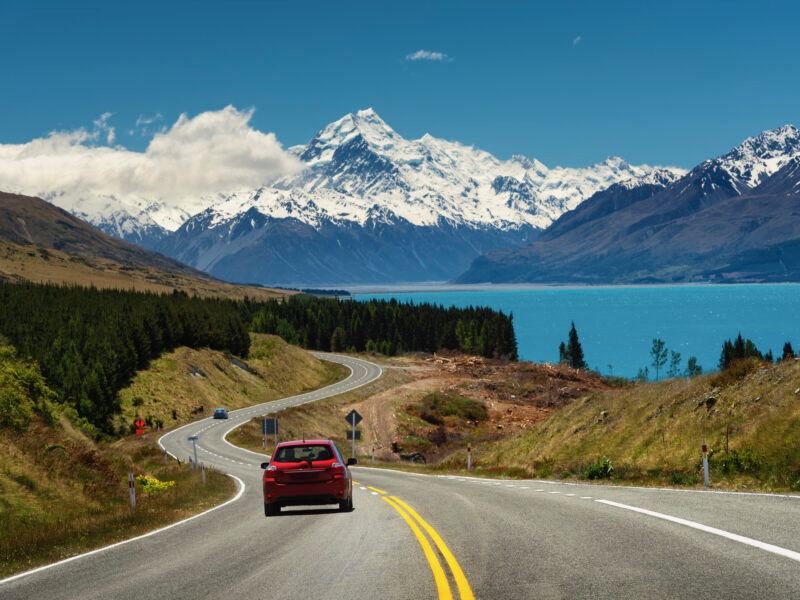 10th July 2023 Opinion / RVA
10th July 2023 Opinion / RVAThe sector will only be able to add around 15k vehicles this year, leaving many unable to rent the car they want.
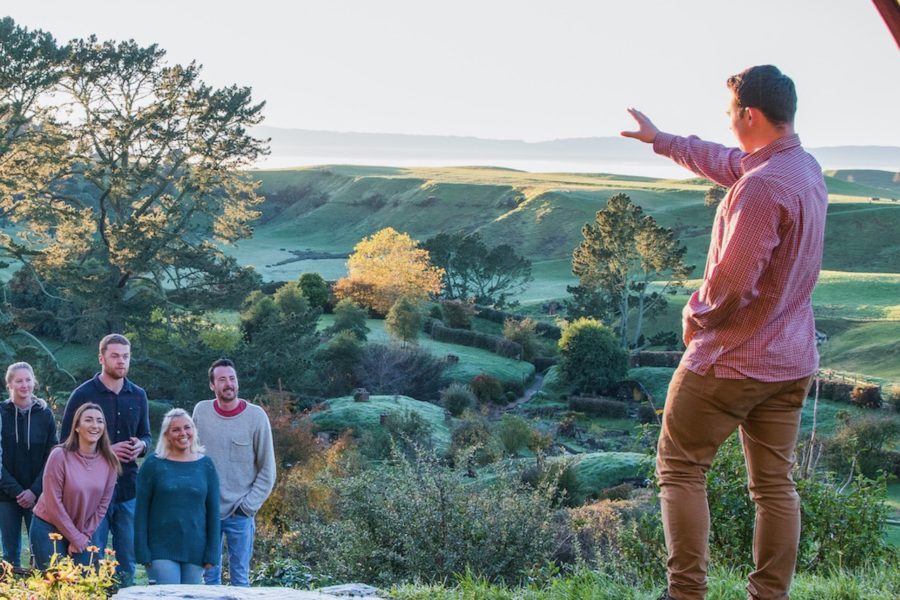 28th June 2023 Opinion / Wednesday Letter
28th June 2023 Opinion / Wednesday LetterUniversities help build future leaders and bring global perspectives and new thinking to tourism.
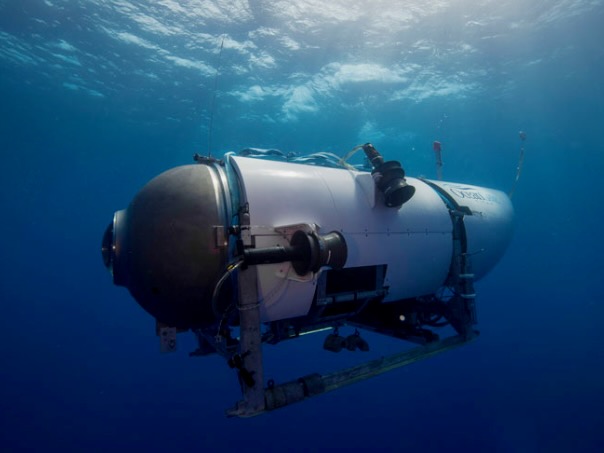 23rd June 2023 Adventure / Opinion
23rd June 2023 Adventure / OpinionThe Titan submersible disaster demonstrates the unpredictability of frontier tourism and its unintended consequences, as well as what could happen if industry does not respond in the right way.
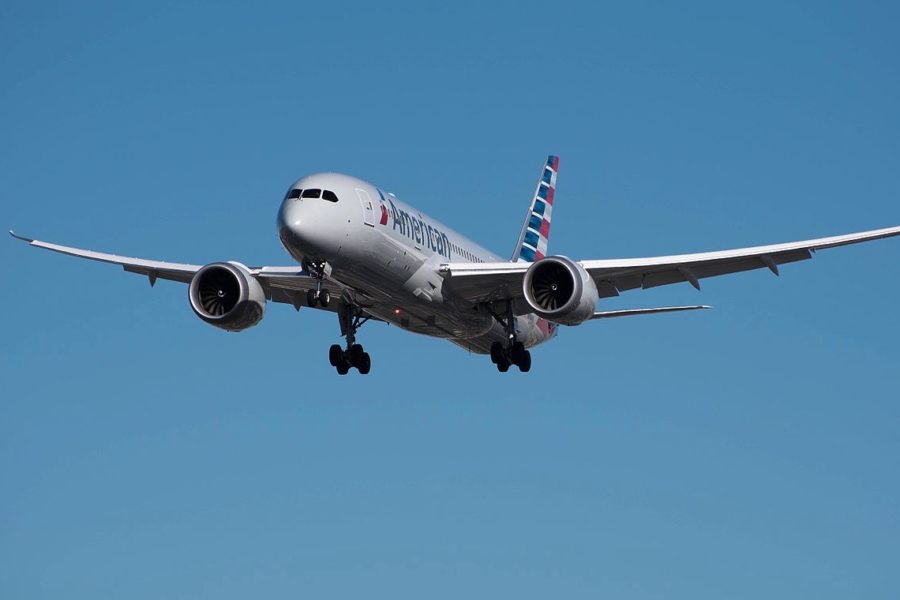 6th June 2023 IATA / Opinion
6th June 2023 IATA / OpinionMargins are wafer thin, inflation continues, there are labour shortages and cost pressures but airlines are proving resilient.
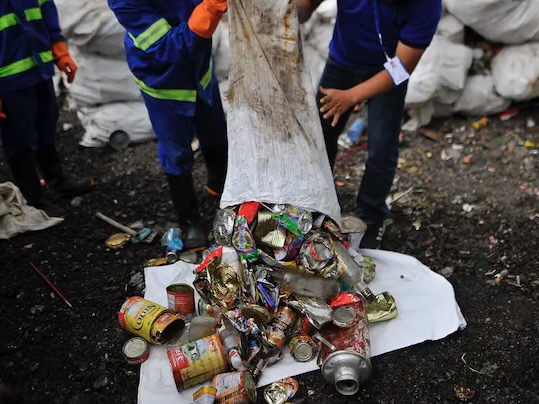 29th May 2023 Environment / Opinion
29th May 2023 Environment / OpinionSeventy years ago today, Kiwi Edmund Hillary and Sherpa Tenzing Norgay reached the summit of Mt Everest. Now, mountaineering is hugely popular and commercial but that has come with consequences, write tourism researchers.
 24th May 2023 Opinion / TRENZ
24th May 2023 Opinion / TRENZA full-programme TRENZ makes a welcome return but there’s a glaring omission, writes the Ticker’s Paul Yandall.
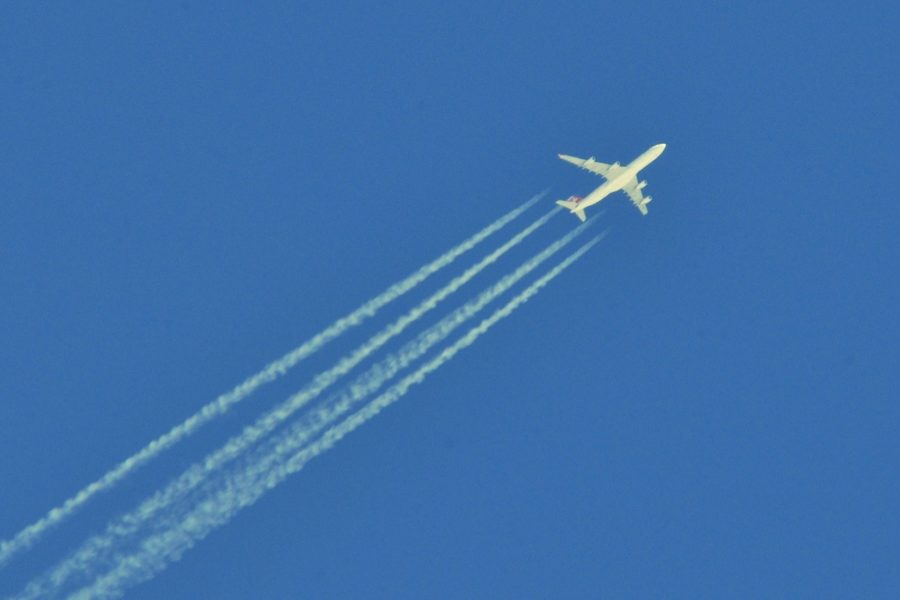 22nd May 2023 Aviation / Opinion
22nd May 2023 Aviation / OpinionHow will aviation continue to grow while doing its fair share on climate change?
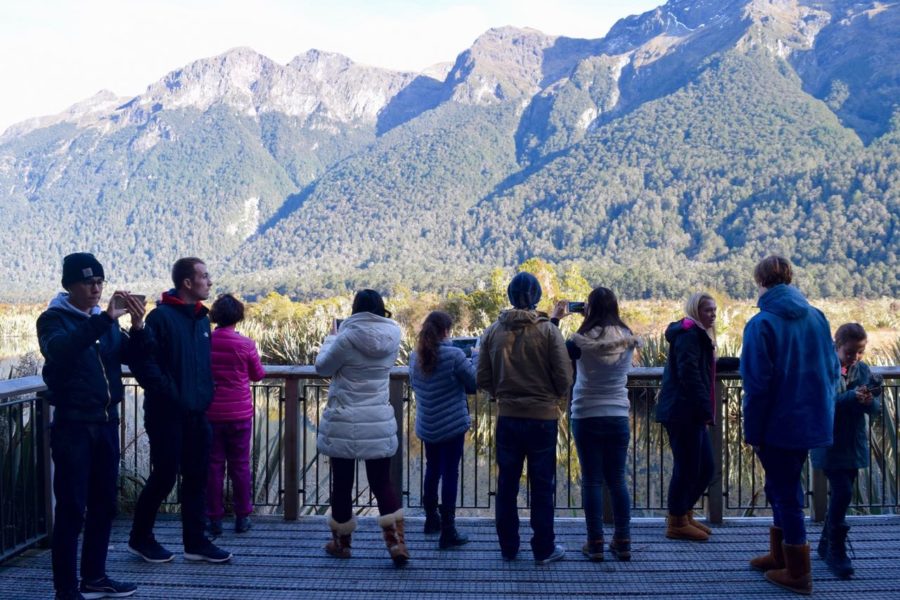 17th May 2023 Opinion / RTNZ
17th May 2023 Opinion / RTNZWhy the sector needs to be reviewed with new governance and a sustainable funding model developed.
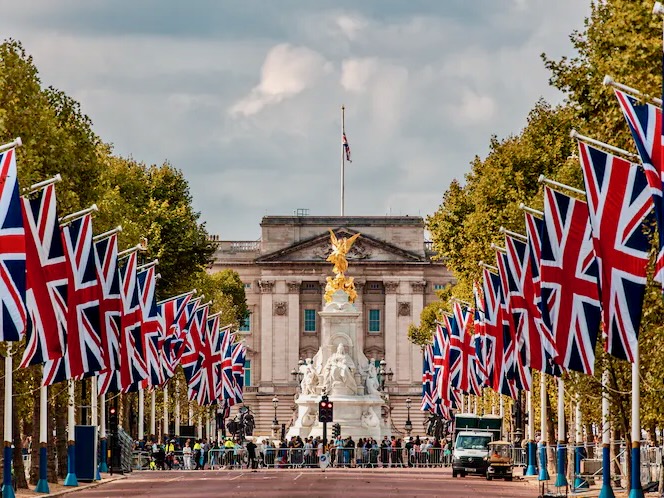 15th May 2023 Opinion / Royalty
15th May 2023 Opinion / RoyaltyThe new king highlights royalty’s attraction to visitors but how valuable is it to UK tourism?
 1st May 2023 Marine / Opinion
1st May 2023 Marine / OpinionQuieter boats could help to deliver more enjoyable guest experience for whale-watching operators, their guests, and the whales themselves.
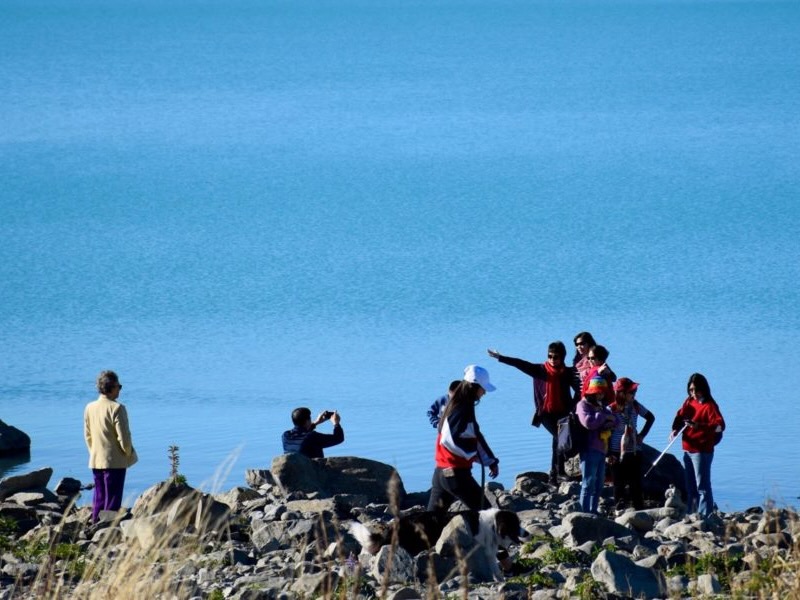 28th April 2023 Infometrics / Opinion
28th April 2023 Infometrics / OpinionNew Zealand will need to be innovative to stay top-of-mind overseas as recession looms.
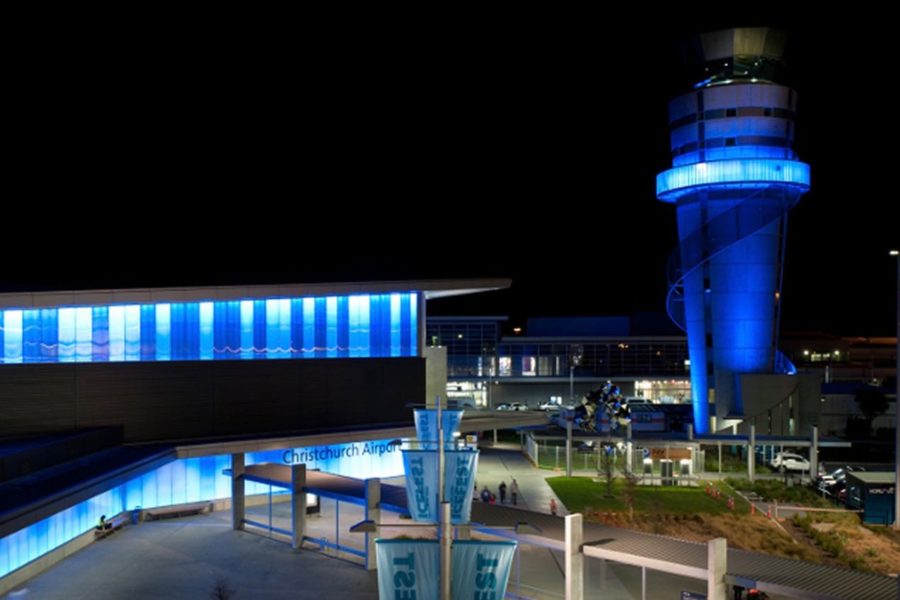 21st April 2023 CIAL / Opinion
21st April 2023 CIAL / OpinionWith United Airlines soon to reconnect Christchurch direct to the USA, Christchurch Airport is becoming even more than the ‘gateway to the South Island’, writes Nick Ashley, airline development manager for the airport.
 12th April 2023 Opinion / TECNZ
12th April 2023 Opinion / TECNZThe seven-day isolation requirement impedes tourism and is out of step with most countries, writes TECNZ’s Lynda Keene.
 30th March 2023 Marketing / Opinion
30th March 2023 Marketing / OpinionA simple rebrand of New York’s iconic slogan from “I” to “we” illustrates the complex challenges of place branding.
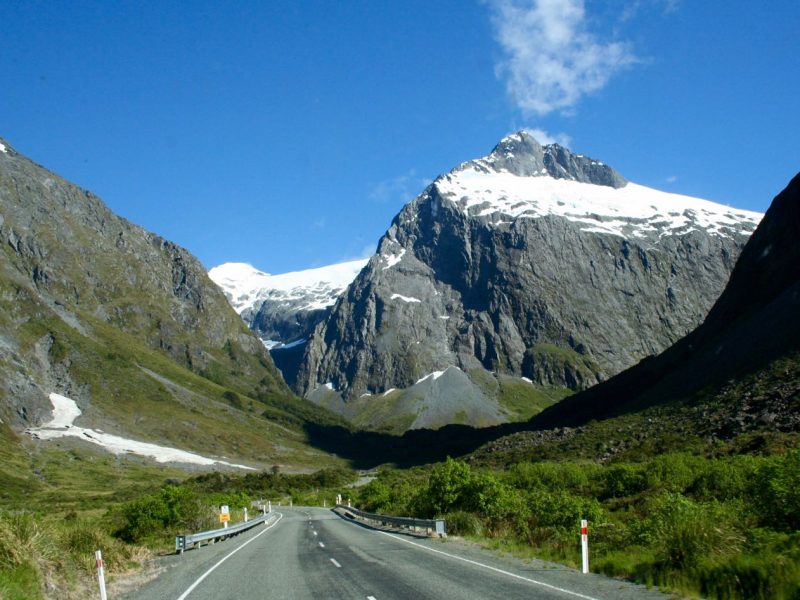 22nd March 2023 Opinion / Technology
22nd March 2023 Opinion / TechnologyNew AI tools and insights could help the sector become more efficient and responsive.
 24th February 2023 Hawke's Bay Tourism / Opinion
24th February 2023 Hawke's Bay Tourism / OpinionAs rain keeps coming, Hawke’s Bay Tourism’s CEO says the visitor economy will be vital to the region’s recovery.
 7th February 2023 Opinion / Sports
7th February 2023 Opinion / SportsFootball has a massive TV viewership and can attract big spending and big eyeballs but is it an effective way to market a country?
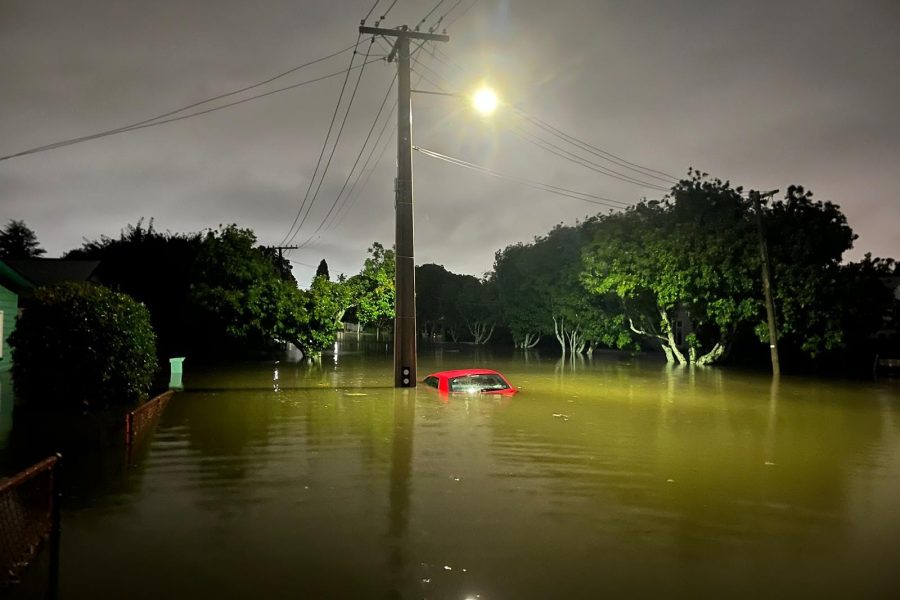 30th January 2023 Climate / Opinion
30th January 2023 Climate / OpinionThe extraordinary flood event Auckland experienced on the night of 27 January, the eve of the city’s anniversary weekend, was caused by rainfall that was literally off the chart, writes weather and climate researcher Professor James Arthur Renwick.
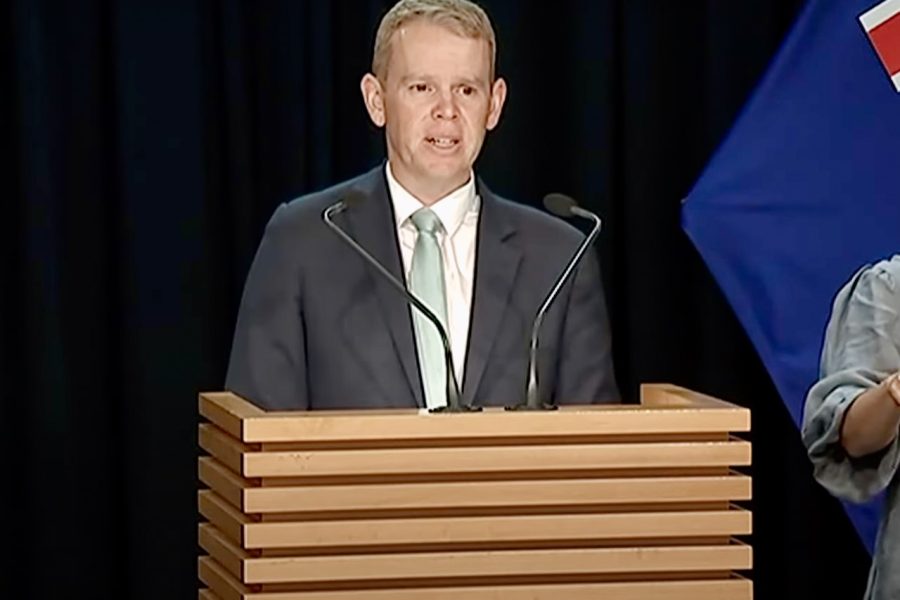 26th January 2023 Opinion / TIA
26th January 2023 Opinion / TIAThe industry needs dynamic immigration settings that will enable New Zealand to compete globally, writes the association’s Rebecca Ingram.
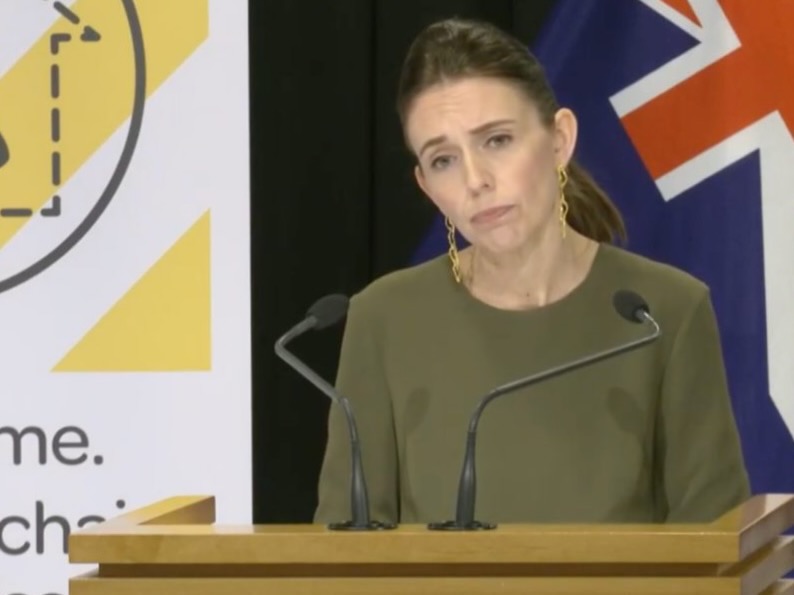 19th January 2023 Opinion / Politics
19th January 2023 Opinion / PoliticsJacinda Ardern acted decisively to tackle Covid but the govt’s response to ongoing challenges became ragged and appeared increasingly ideological to many in industry.
 1st December 2022 BCA / Opinion
1st December 2022 BCA / OpinionBCA’s Ben McFadgen says the shortage of operators, drivers and coaches is a direct result of the sector being overlooked.
 30th November 2022 China / Opinion
30th November 2022 China / OpinionCTS’ Lisa Li on how the Chinese visitor recovery could look for NZ tourism.
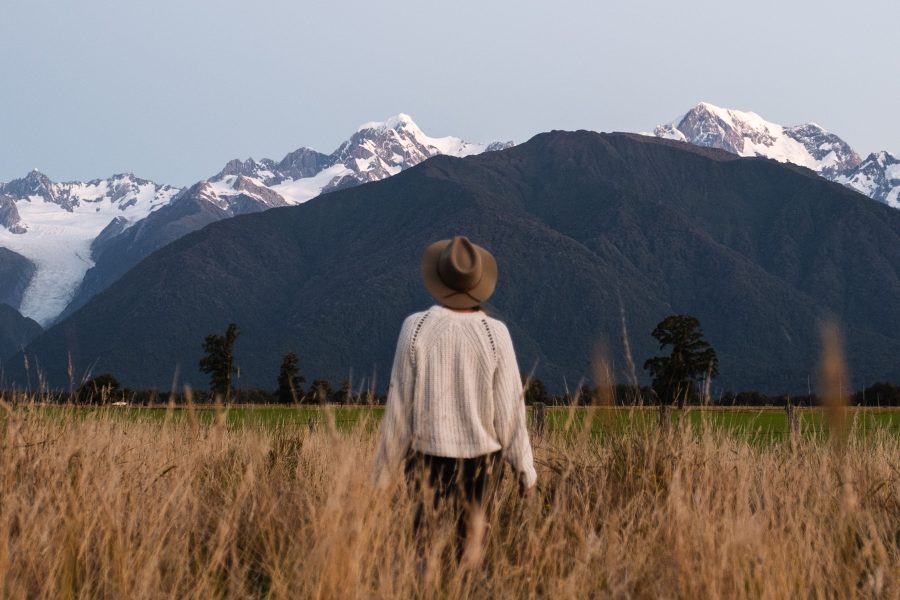 21st November 2022 Opinion / Recovery
21st November 2022 Opinion / RecoveryWith innovative thinking, tourism can help get the world’s economies back on track – and help to “recover together, recover stronger”.
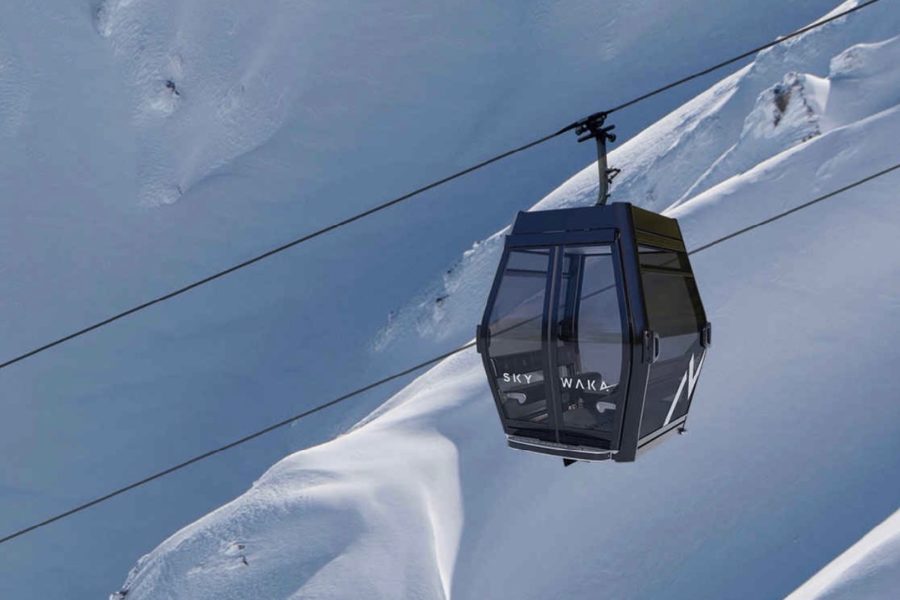 12th October 2022 Opinion / RAL
12th October 2022 Opinion / RALThe operator has been plagued by infighting and a legacy structure that hampered it when action was needed most.
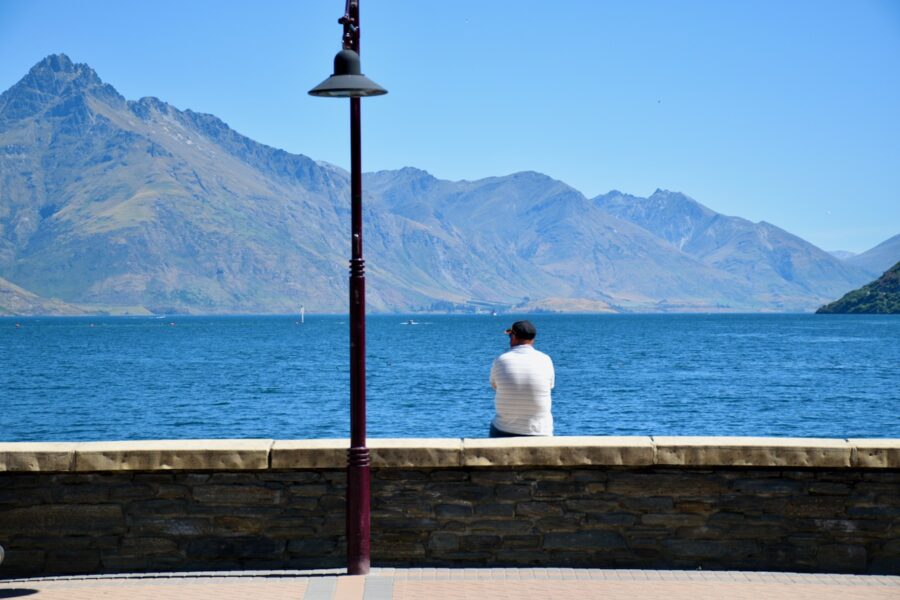 14th September 2022 Opinion
14th September 2022 OpinionTourism Ticker’s Paul Yandall on the end of Covid, the value of visitors to New Zealand tourism, and a big thanks for your support.
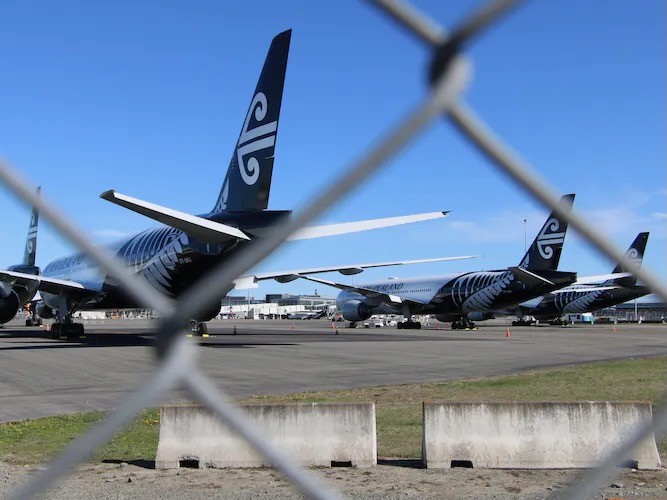 9th September 2022 Opinion / Tarras
9th September 2022 Opinion / TarrasCity ratepayers could pay twice if a new airport struggles to make profit and takes tourism from Canterbury, argues Ilan Noy from Victoria University.
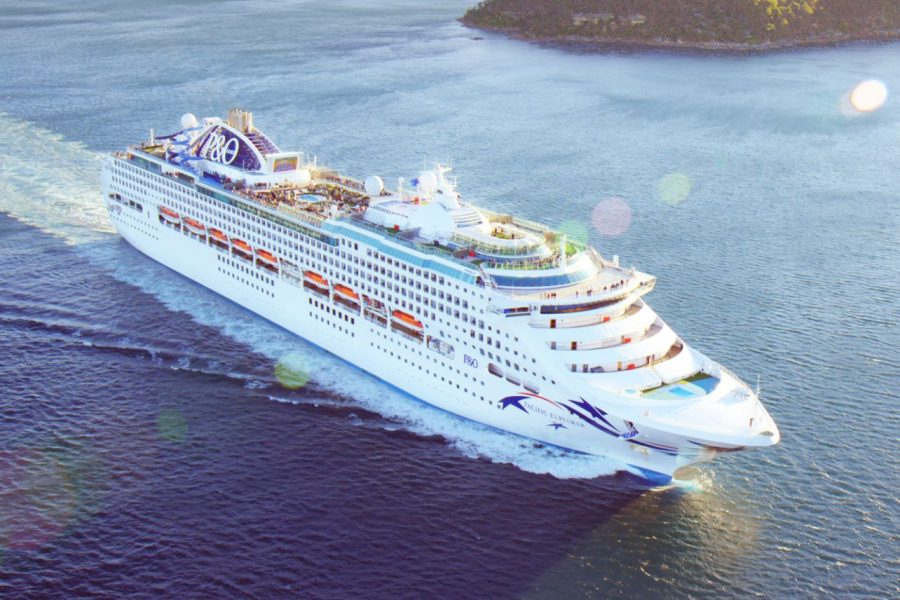 23rd August 2022 Cruise / Opinion
23rd August 2022 Cruise / OpinionWith questions around cruise ships’ environmental and health impacts and their relatively small contribution to the economy, lavish welcomes may not be justifiable, writes Timothy Welch.
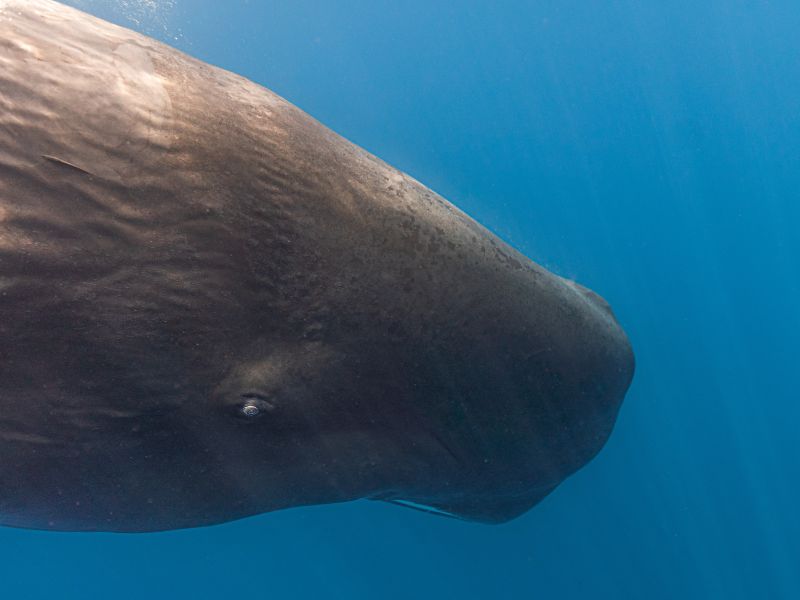 19th August 2022 Marine / Opinion
19th August 2022 Marine / OpinionThe effects of climate change on ocean temperatures could force great whales to disappear from New Zealand’s waters.
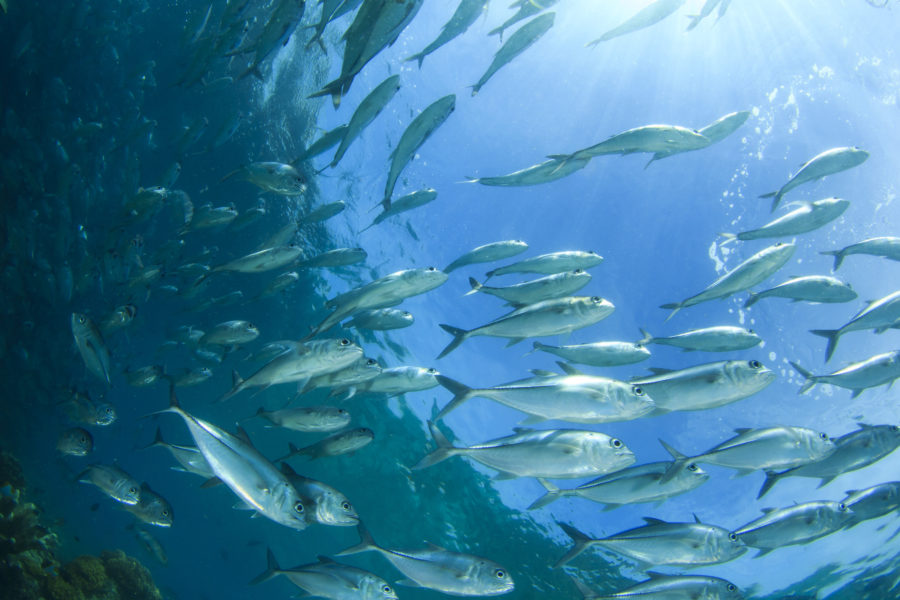 16th August 2022 Marine / Opinion
16th August 2022 Marine / OpinionA “beneficiary pays” approach to tourism could support local communities and conservation efforts.
 11th August 2022 Destination Management / Opinion
11th August 2022 Destination Management / OpinionTourism NZ is not lumbered with destination management so why should RTOs be?
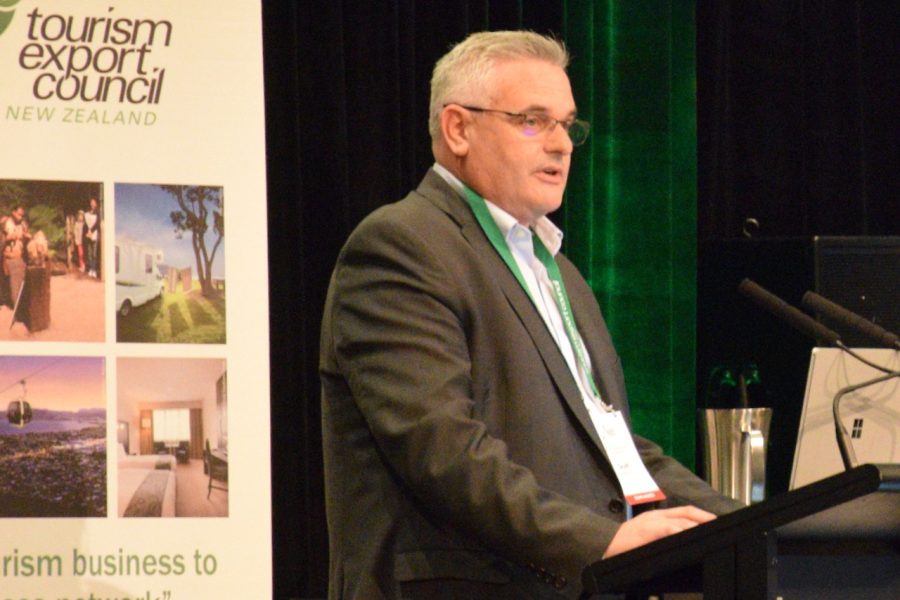 10th August 2022 Opinion / TECNZ
10th August 2022 Opinion / TECNZThe pandemic has left the industry battered and bruised but it is now time to navigate a new future, says TECNZ’s chair.
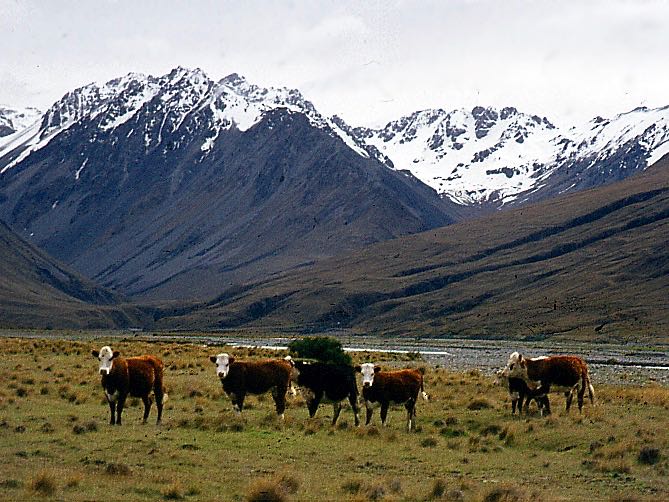 9th August 2022 Opinion
9th August 2022 OpinionOverseas experience warns of potentially severe impacts on the tourism sector too from a foot and mouth outbreak.
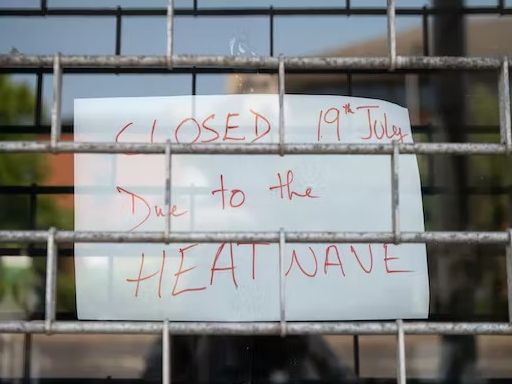 8th August 2022 Climate / Opinion
8th August 2022 Climate / OpinionHow much of an impact does soaring temperature have on business profitability?
 25th July 2022 Opinion / Perspectives
25th July 2022 Opinion / PerspectivesBusinesses that develop a comprehensive well-being plan can go a long way to preventing mental health problems in the workplace.
 7th July 2022 Opinion / Perspectives
7th July 2022 Opinion / PerspectivesThe World Economic Forum turns to two experts to highlight some of the key areas of risk and opportunity in the sector.
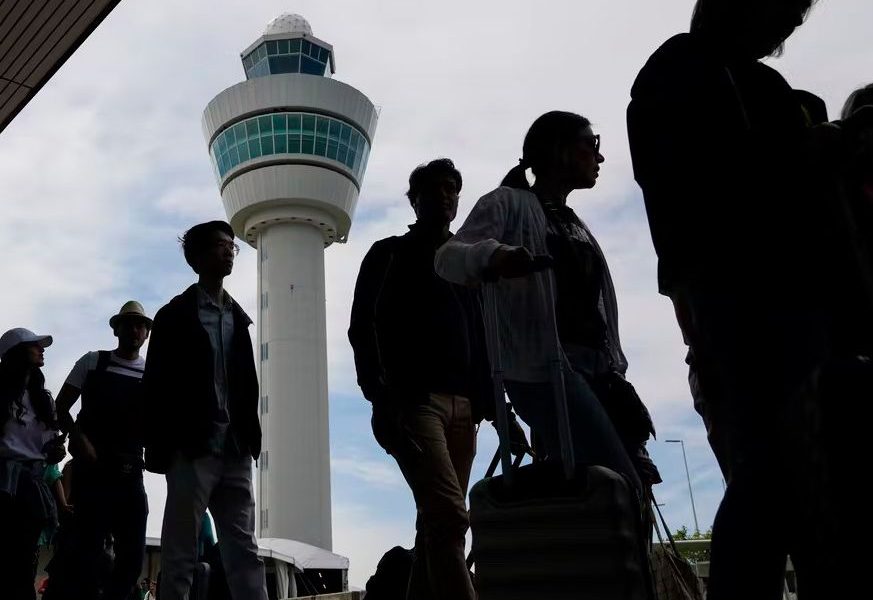 27th June 2022 Aviation / Opinion
27th June 2022 Aviation / OpinionCancelled flights, disrupted vacations, and frayed tempers are rife as people take to the skies and the airline industry comes under pressure.